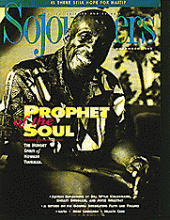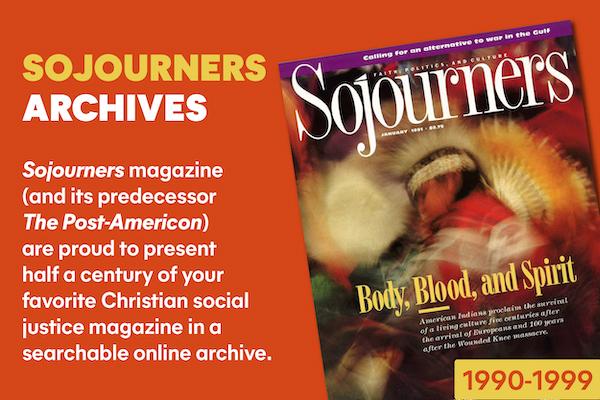Sojourners know the necessity for companions who sustain along the way. Our spiritual pilgrimage requires others whose insights and encouragement empower us to respond to God's call upon our lives. In the writings of Howard Thurman, readers discover such a companion.
As expected for a mystic, Thurman's spiritual search is grounded in religious experience. But for Thurman, religious experience is more than the moment of an intense experience of God. He believes that God is experienced, and spiritual insights are discovered, in history. Thurman derives ultimate meaning from transitory events.
Another prominent theme in his speaking and books is the relatedness of the "universal" and "particular." Sacred meaning that has universal application is in particular expressions and experiences of life. Particularity is crucial to universal truth.
Early in his writing career he probed for insight in the particularity of his own heritage. Deep River, written in 1945, and The Negro Spiritual Speaks of Life and Death, in 1947, examine the theological perspectives of the slaves' songs. In the midst of their suffering, the slaves fashioned understandings of God and ultimate meaning that are major contributions to humanity's spiritual quest. Thurman concludes that the slaves' articulation of religious meaning places them "alongside the great creative religious thinkers of the human race."
In Jesus and the Disinherited, Thurman raises the question, what does the religion of Jesus have to say to those who "stand with their backs against the wall"? In this book he draws the analogy between Jesus as a disinherited Jew and blacks in America. The particular histories of oppression become the data for discerning God's universal liberating and reconciling power.
Read the Full Article

